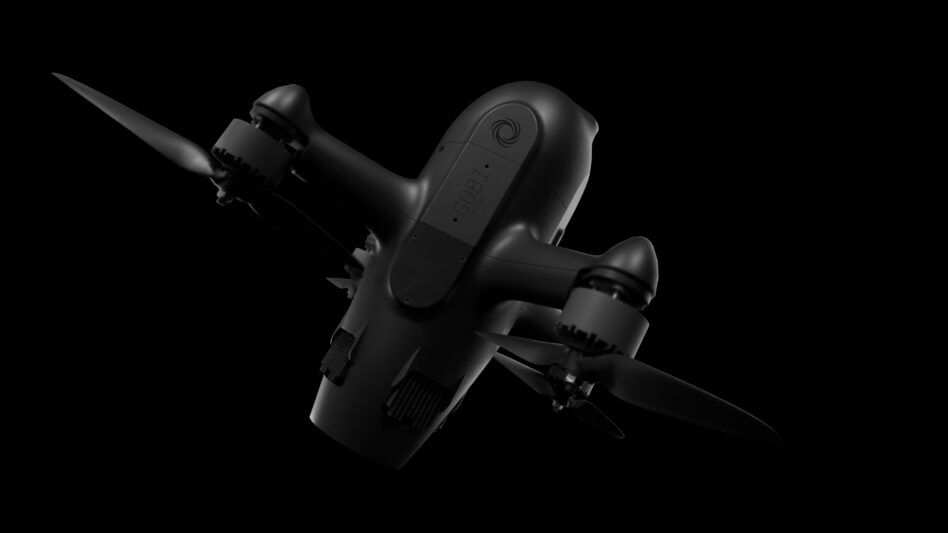Turns out the European defense tech companies are making money moves, too.
This morning, “next-generation defense prime” Harmattan AI announced in an exclusive release to Tectonic that they’ve secured a more than $10M (double-digit millions) contract from a “large NATO country” to deliver AI-enabled small drones.
Though Harmattan was scant with details on the contract, the timeline is pretty remarkable. The company was founded in April 2024, just 14 months ago, and now they’ve secured a major contract with an allied government. The last European company to do something nearly that quickly was Helsing—but getting on a major program took them about two years.
The Paris-based company plans to deliver the drones within the year.
“It is a remarkable responsibility and a strong signal of trust from our customer,” Harmattan founder and CEO Mouad M’Ghari told Tectonic in a written statement, “Through this contract, Harmattan AI will provide more than half of the drone stockpile to the second largest military in NATO by the end of 2026.”
Young money: M’Ghari launched the company in 2024 with a pretty ambitious goal: They wanted to found a new kind of defense company that could build autonomous systems at a speed and scale that traditional European defense primes couldn’t.
Though this contract is for drones, the company has positioned itself to build autonomous systems of all flavors. Right now, those systems include:
- Sonora: A cheap, training-focused drone built to simulate ISR operations.
- Sahara: A UAV-borne Synthetic Aperture Radar (SAR) system.
- Gobi: A high-speed UAV designed to intercept other hostile, small drones.
All of Harmattan’s systems are designed to work in contested or jammed environments, which is increasingly the norm. (Ahem, Ukraine, ahem.)
The company has also developed its own state-of-the-art AI-powered autonomy suite, which could power everything from maritime to land-based systems in the future. It’s also built up a super-fast, fully vertically integrated R&D and production process, which is what enables the company to get from order to delivery in just a matter of months.
According to Pitchbook data, Harmattan raised an undisclosed round with participation from Atlantic Labs, W Ventures, Financière Saint James, and Tholus Capital back in February.
Post-breakup blues: In case you’ve been living under a rock lately, Europe is making a big, big push for defense sovereignty. What with Trump threatening to cut the continent off from across the Atlantic and Russia encroaching on the bloc’s eastern borders, governments from London to Warsaw have realized that they’ve got to ramp up defense spending—and fast.
French President Emmanuel Macron has called for defense spending to increase to 3.5% of GDP (up from 2%), and wants to majorly beef up the armed forces. Just last week, the French Directorate General of Armaments (DGA) launched something they’re calling the “Defense Investors Club,” which they’re hoping will help private investors connect with defense tech startups like Harmattan.
Europe as a whole is making a push, too: The past few weeks have seen major investments in European defense tech firms (looking at you, Helsing), and commitments by leaders at the NATO summit to increase defense spending to 5% of GDP by 2035.
The European Union has also launched a €150B ($169.5B) loans-for-arms fund focused on cutting-edge tech—like the tech Harmattan is developing—built in Europe.

